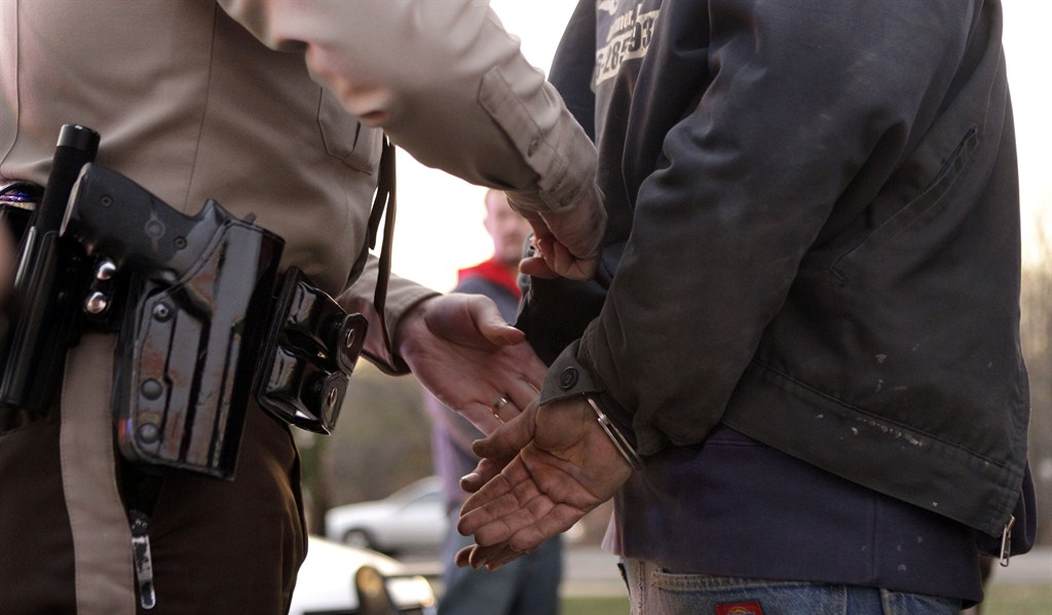New Jersey authorities recently busted eleven individuals from Camden in a crime ring involving stolen ATVs and motorcycles, meth, cocaine, and “ghost guns.” One guess as to which of those items acting Attorney General Andrew Bruck decided to focus on in his press conference announcing the arrests.
Yep. ATVs. Those wicked, gas-powered fou… oh wait. I was wrong. It was the “ghost guns.”
The 10-month investigation, dubbed “Operation Grab and Go,” resulted in the recovery of 20 stolen motorcycles and ATVs, but more importantly, said Bruck, it led investigators to seize 20 illegal guns — including an AR-style “ghost gun,” an SKS assault rifle, seven “ghost” 9 mm semiautomatic handguns and 11 other guns, as well as several large-capacity magazines.
“As prosecutors and as law enforcement officers, we have seen how weapons of war are bloodying the streets of Camden,” said Bruck. “We’re committed to cutting off the supply lines.”
New Jersey law enforcement agencies, he noted, “are confronting a dilemma faced by a number of Northeastern states.”
“We’ve got strong, robust gun safety laws that are designed to keep the most dangerous weapons away from those who are most likely to use them. But increasingly, criminals are looking outside our state to jurisdictions with lax gun laws to obtain the firearms they need to commit crimes.”
Let’s start with the obvious rebuttal to Bruck’s asinine argument: drugs, like the cocaine and methamphetamine seized during the investigation, are illegal in all 50 states, and yet they too found their way to the Garden State. Why didn’t those “strong, robust” laws across the country and throughout the federal government keep dangerous drugs away from those who are most likely to use or sell them? And if these drug laws aren’t actually preventing drugs from coming into New Jersey, why does Bruck believe that more restrictive gun control laws in other states would keep firearms out?
Furthermore, if these were “ghost guns,” what makes Bruck so sure that these weren’t built right there in New Jersey? In fact, I can’t help but notice that Bruck didn’t say where the serialized firearms that were recovered were originally sold either. Were any of them purchased in the state of New Jersey before they made their way into the hands of the eleven individuals charged in connection with the crime ring? Heck, were any of them bought by one or more of the eleven people arrested?
According to the ATF’s 2019 tracing report for firearms recovered in New Jersey, the number one source state for those guns was… New Jersey, with 527 guns traced back to an original retail sale in the Garden State. Pennsylvania was in second place with 424 firearms recovered, and Georgia came in a distant third at 274. Now, it’s important to note that not every gun that’s traced is used in a crime, and not every gun used in a crime is traced, but it’s still significant that when the ATF traced firearms recovered in New Jersey, the state that came up most frequently was New Jersey itself.
Andrew Bruck tried his best to make the case that other states should be following New Jersey’s example by treating the right to keep and bear arms as a privilege doled out by the government, but in actuality all he really proved is that New Jersey’s gun control laws do as much to prevent criminals from obtaining guns as its drug laws do to stop criminals from getting ahold of meth and cocaine.









Join the conversation as a VIP Member